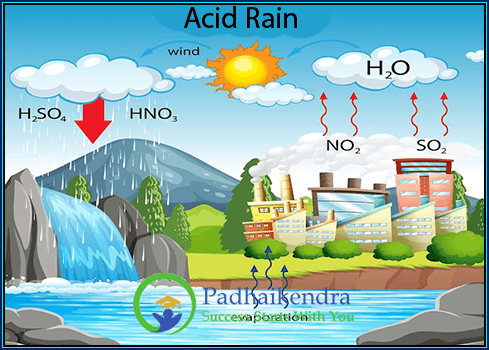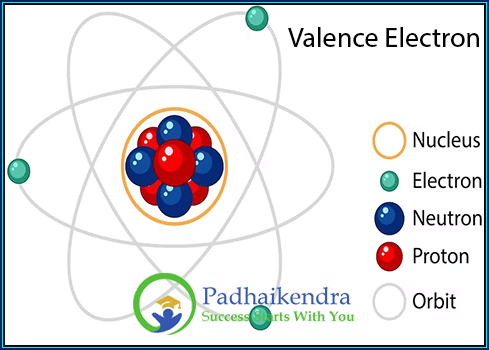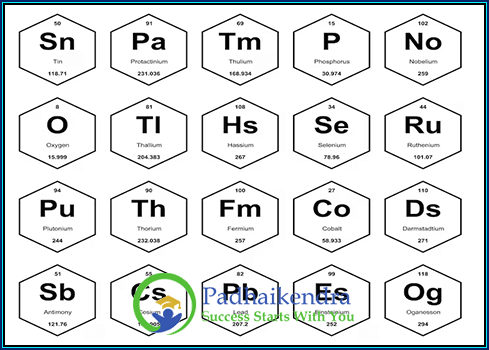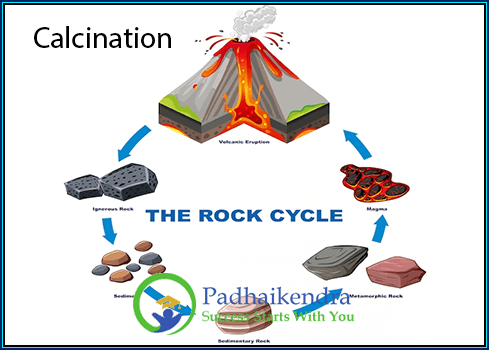Acetylcholine is a neurotransmitter, which is a chemical messenger that transmits signals across the junctions (synapses) between neurons in the nervous system. It is one of the most important neurotransmitters in the body and plays a key role in a wide range of physiological processes, including muscle contraction, memory, attention, and learning.
Acetylcholine is synthesized from choline and acetyl coenzyme A (acetyl-CoA) by an enzyme called choline acetyltransferase. Once synthesized, acetylcholine is stored in vesicles in the presynaptic neuron and is released into the synaptic cleft in response to an action potential. It then binds to receptors on the postsynaptic neuron, initiating a signal cascade that results in a physiological response.
In the neuromuscular junction, acetylcholine binds to receptors on muscle cells, leading to muscle contraction. The central nervous system is involved in memory and learning and is thought to play a role in attention and arousal. Drugs that affect the production, release, or metabolism of acetylcholine can have profound effects on the nervous system and are used in the treatment of a range of neurological disorders, including Alzheimer’s disease and myasthenia gravis.





